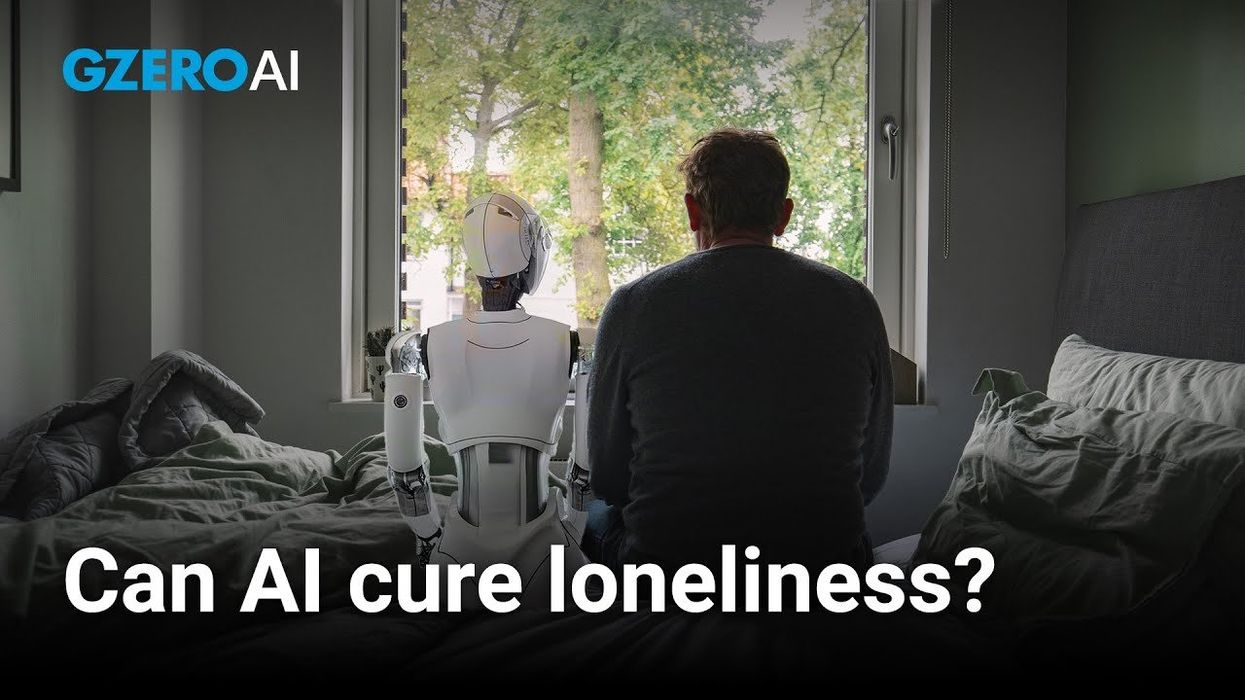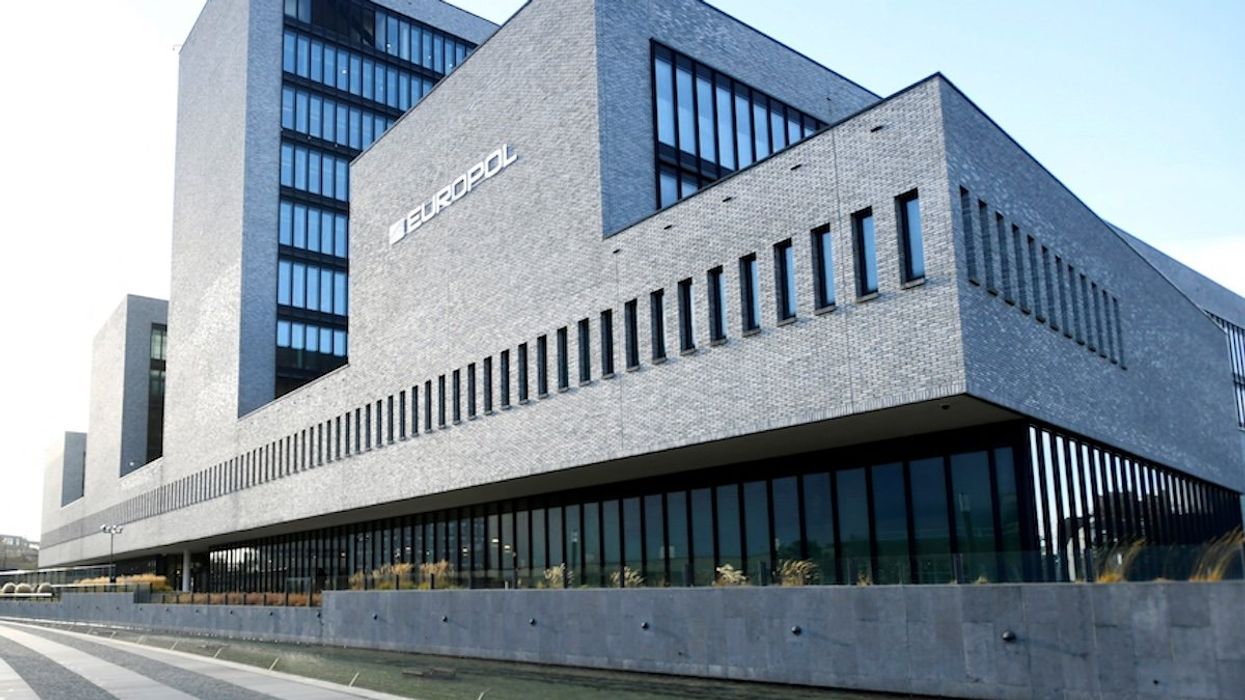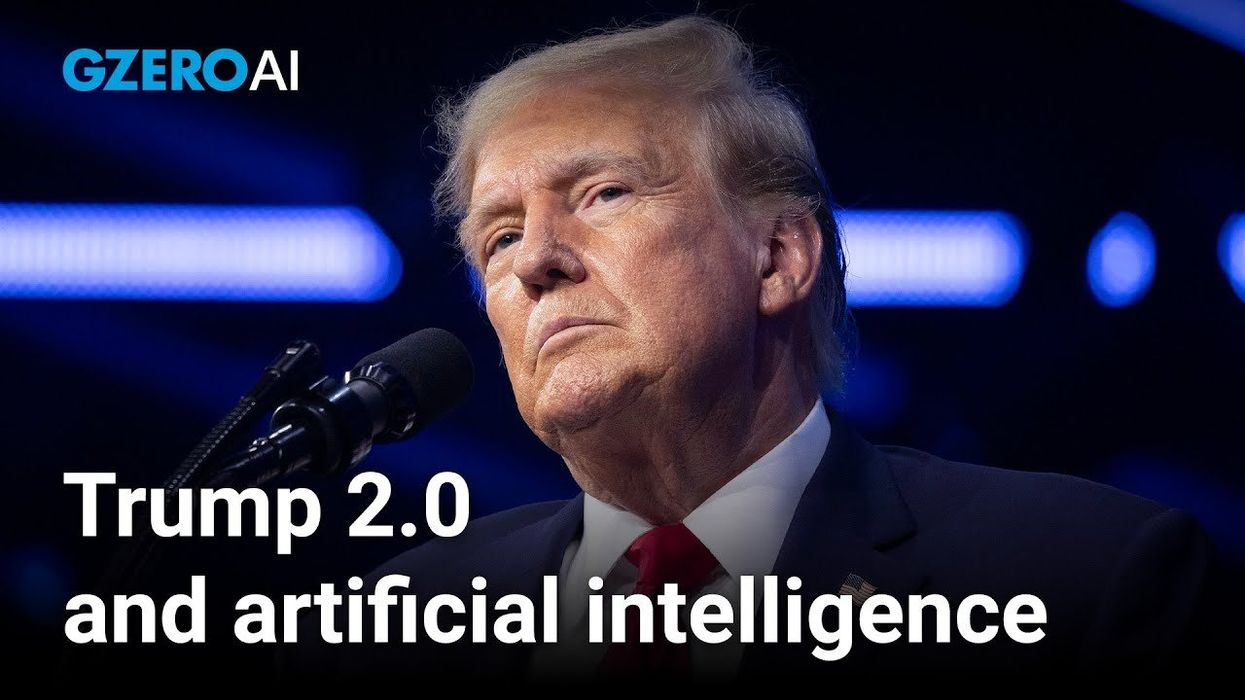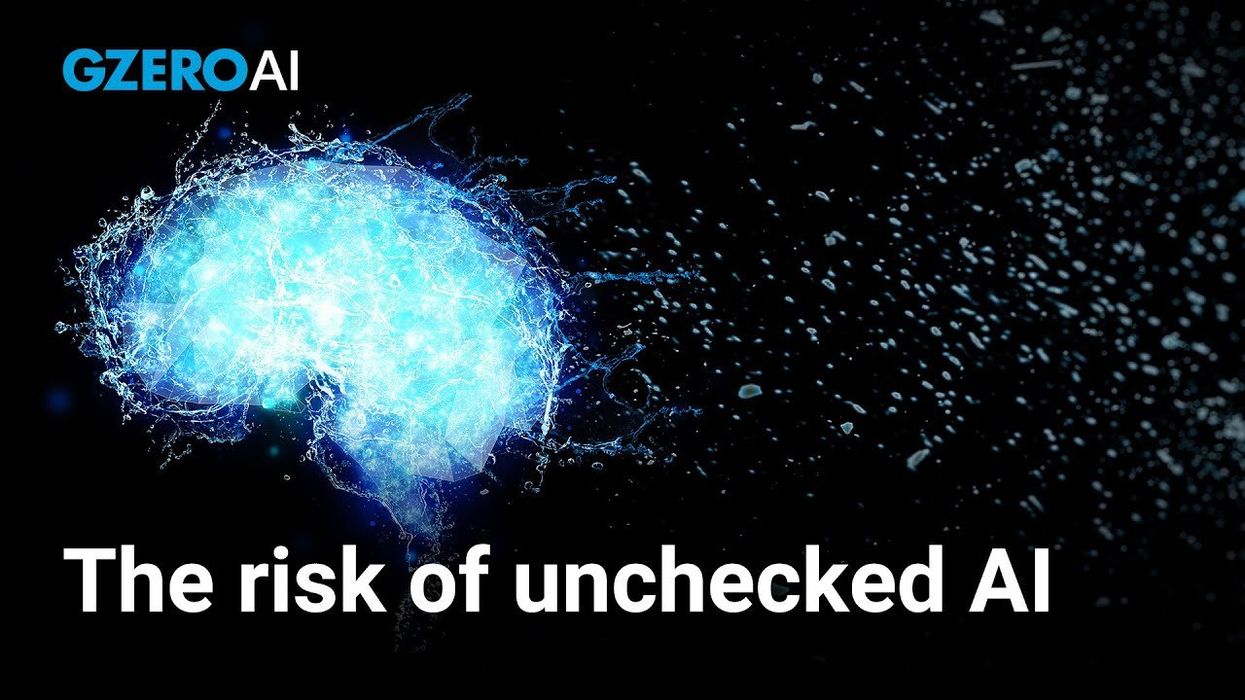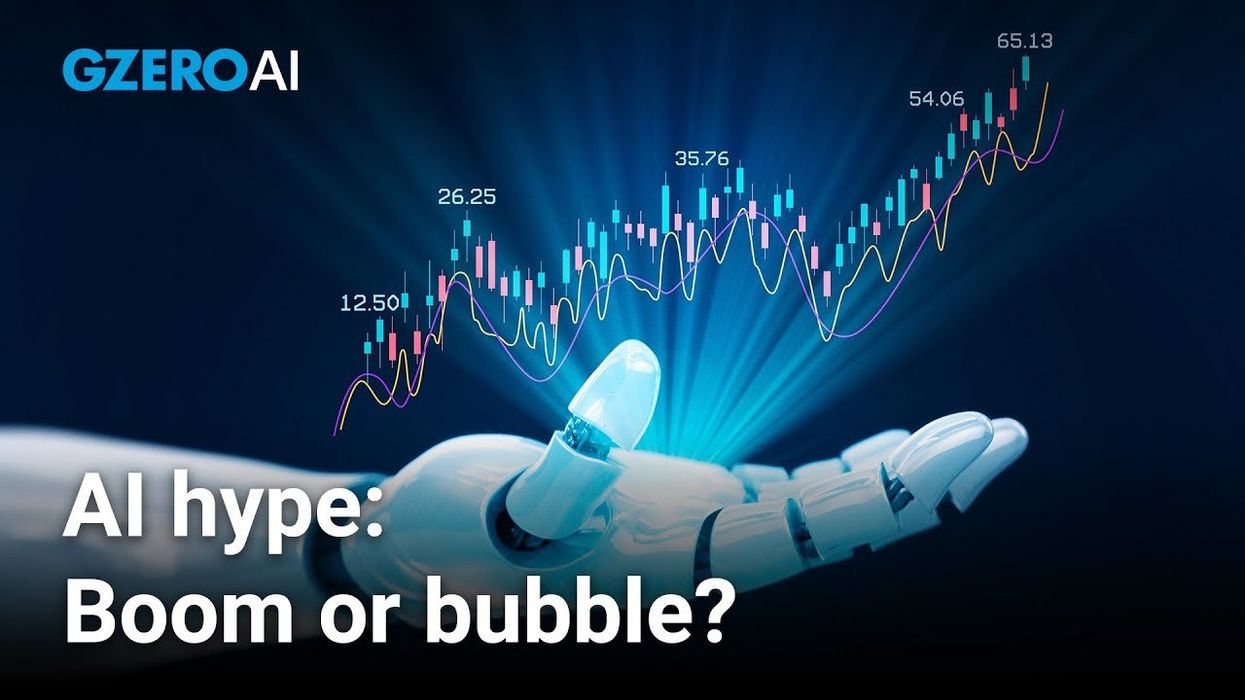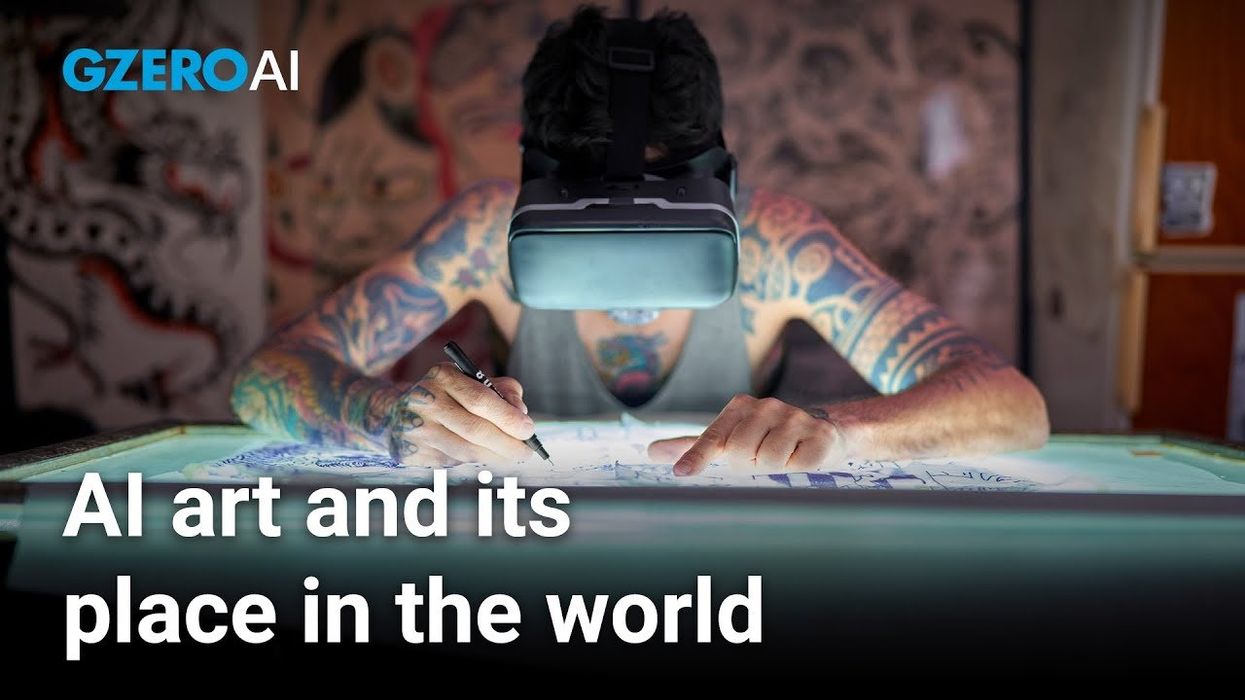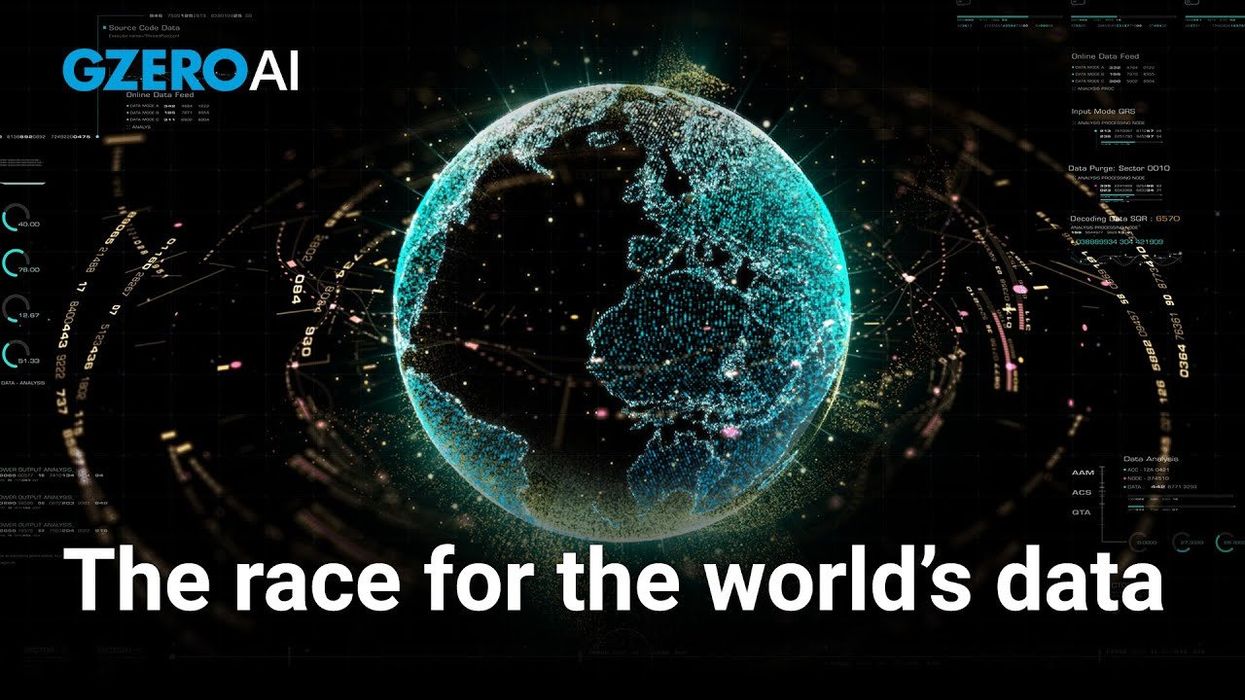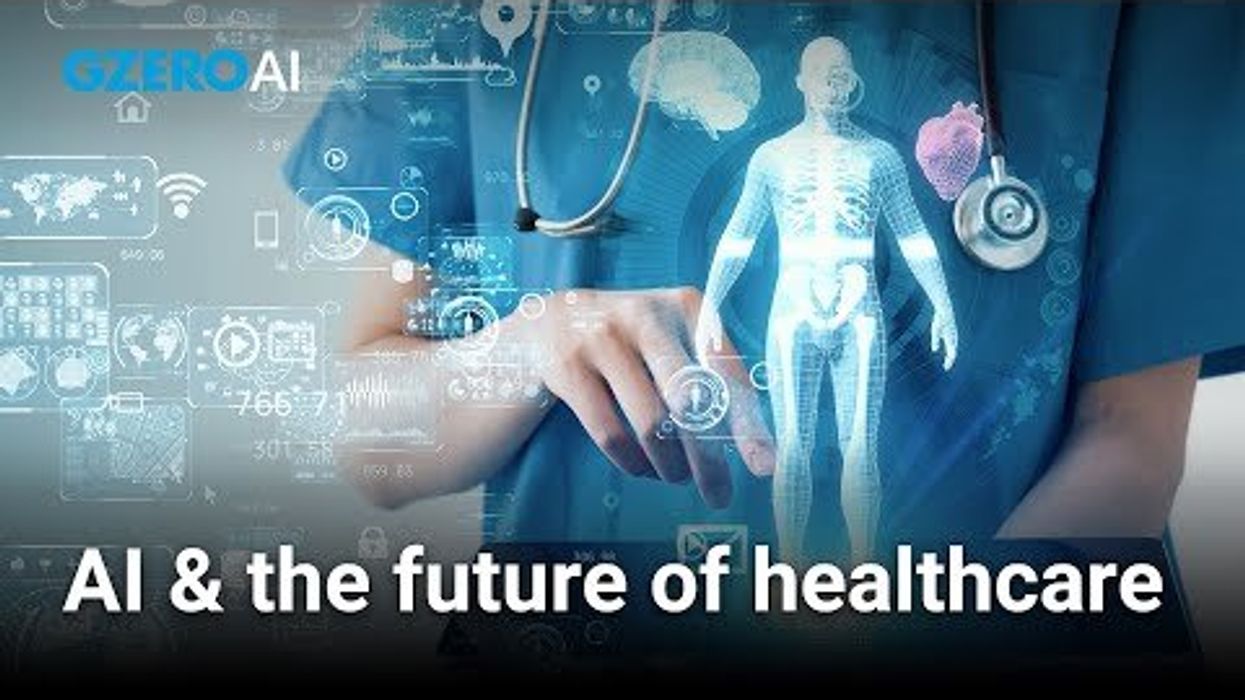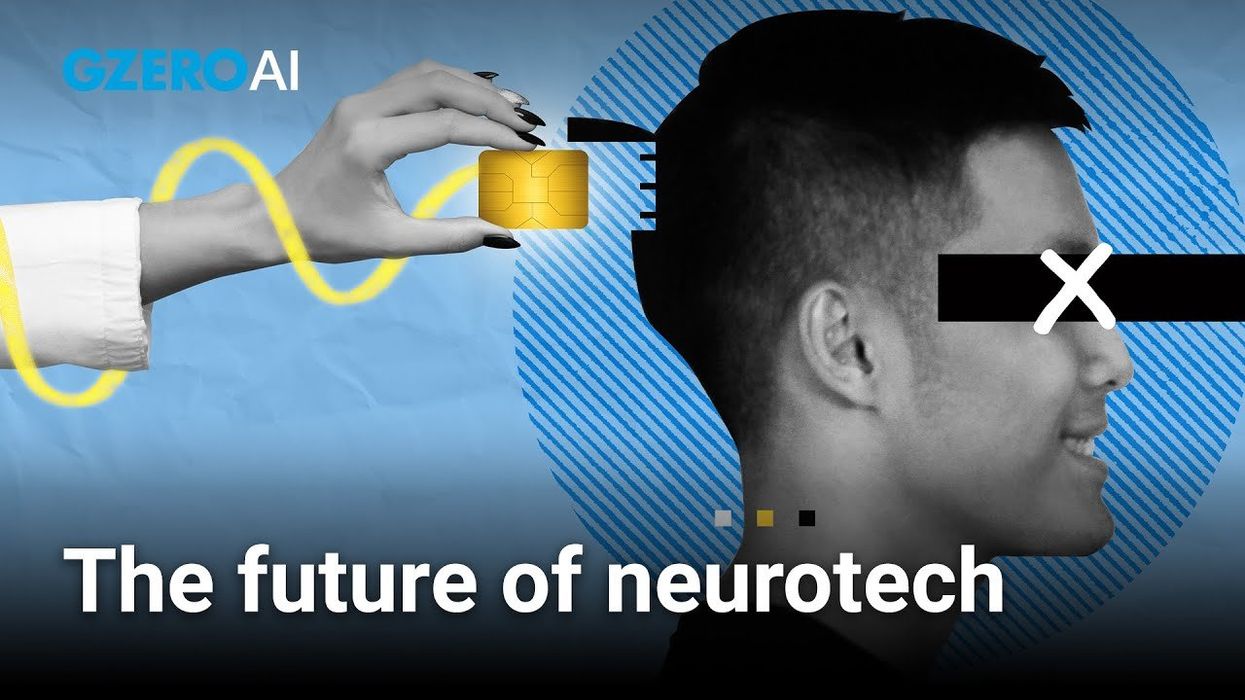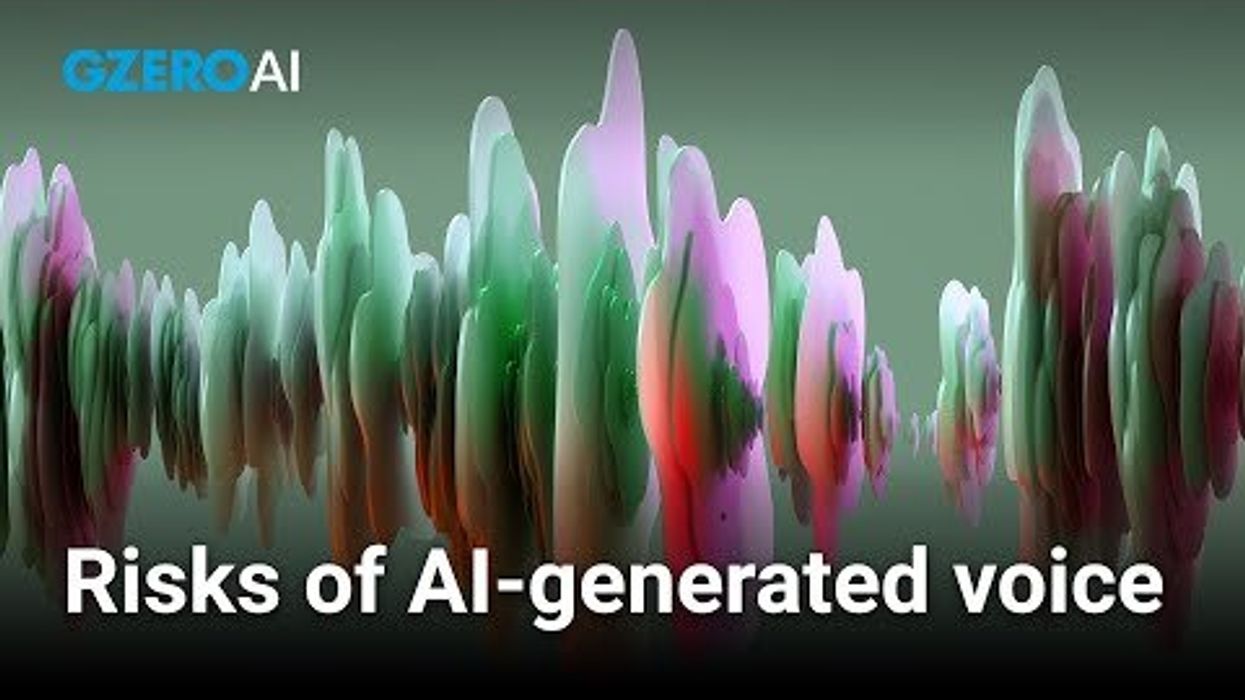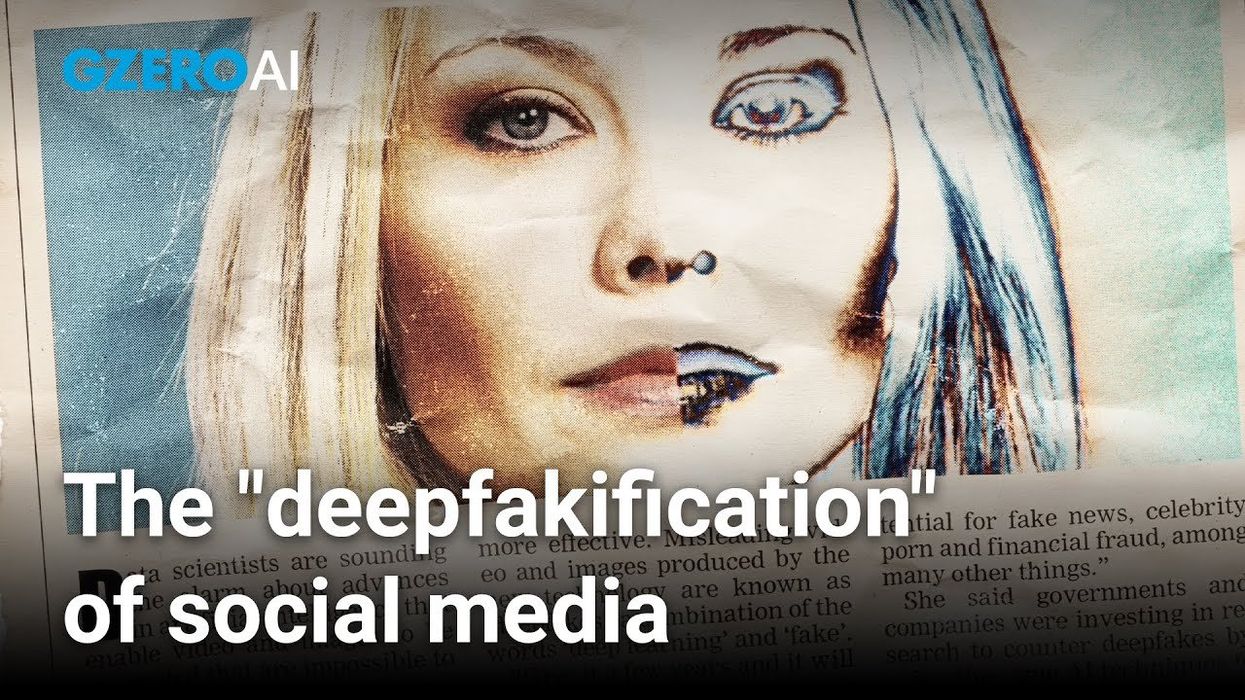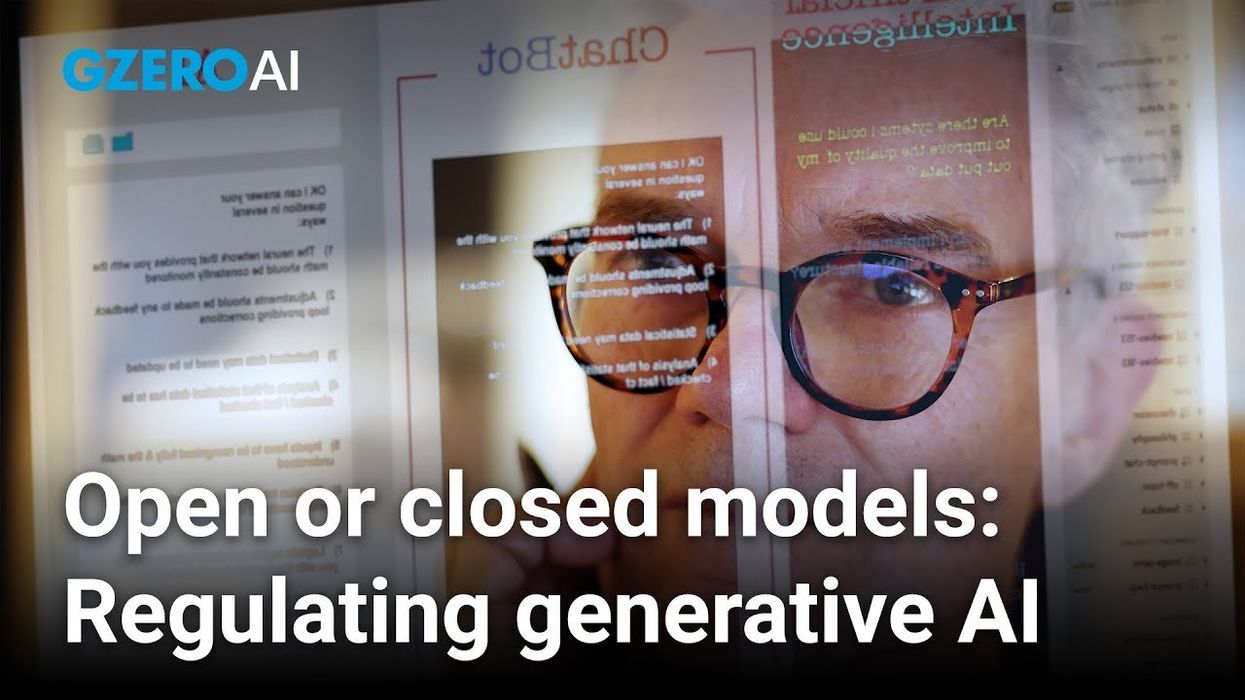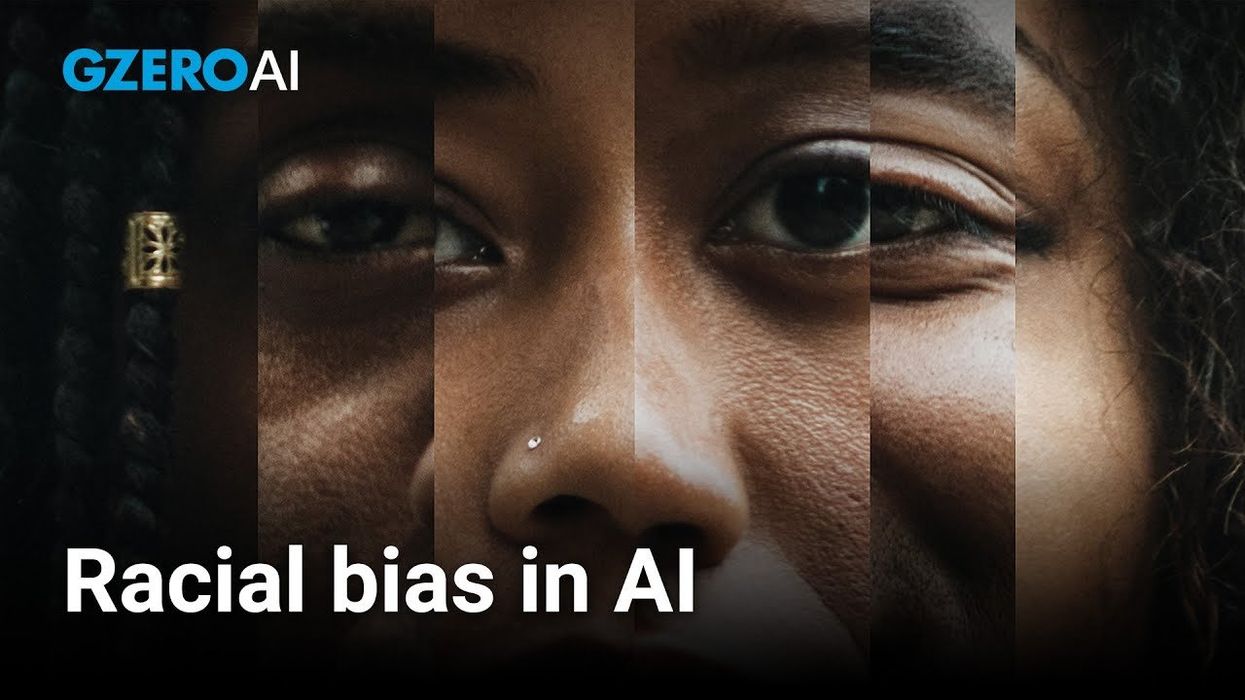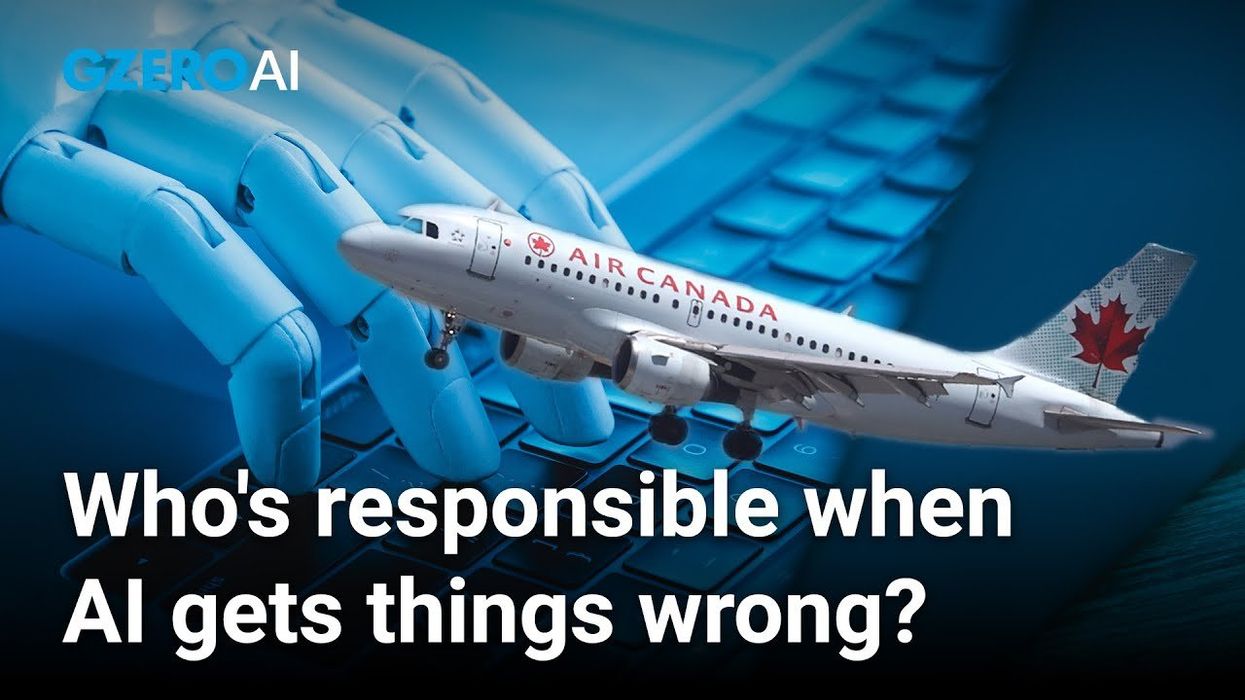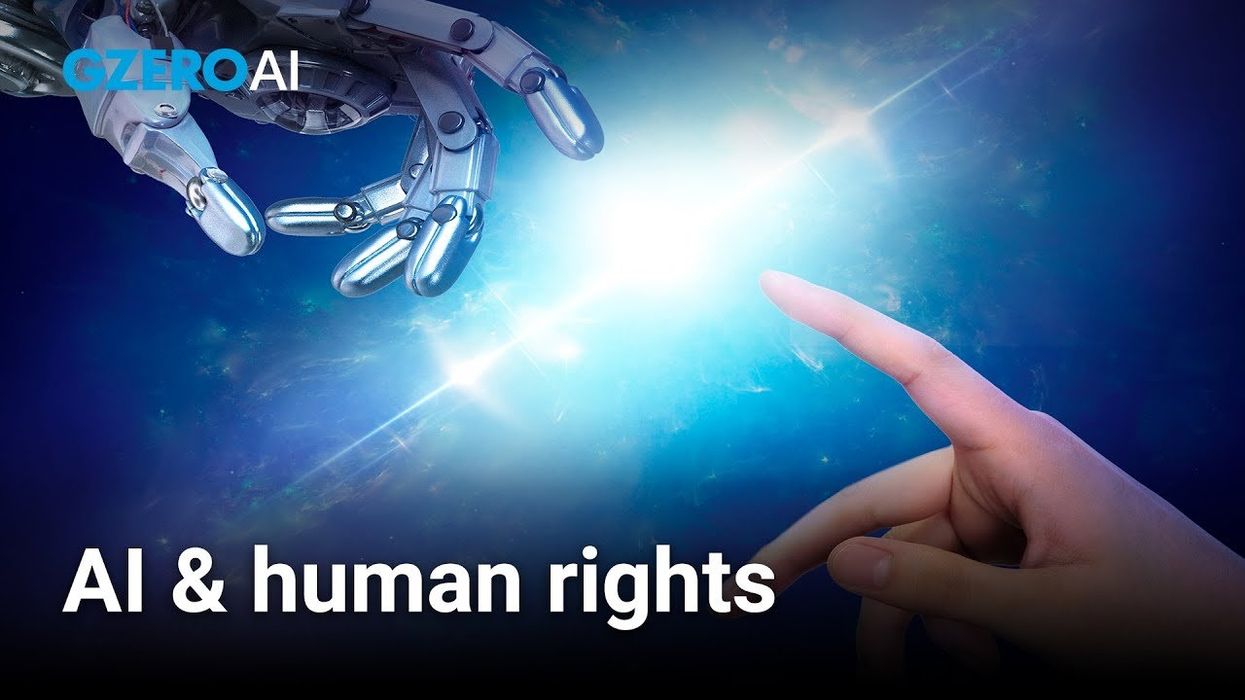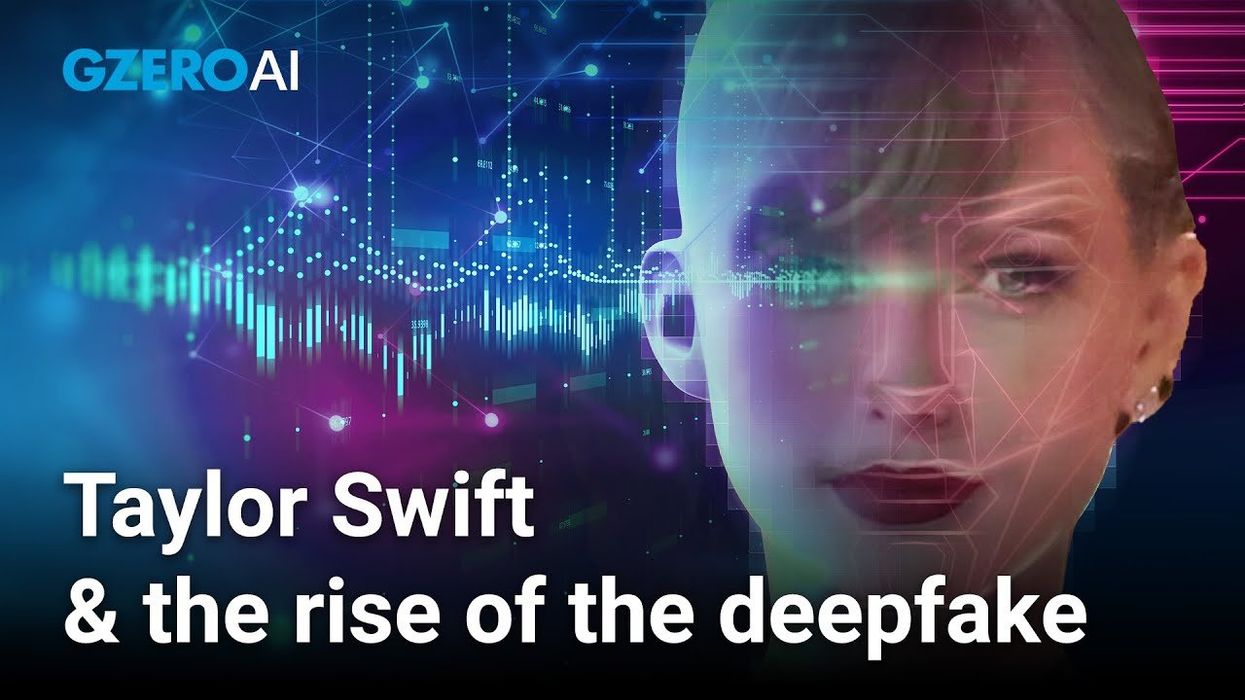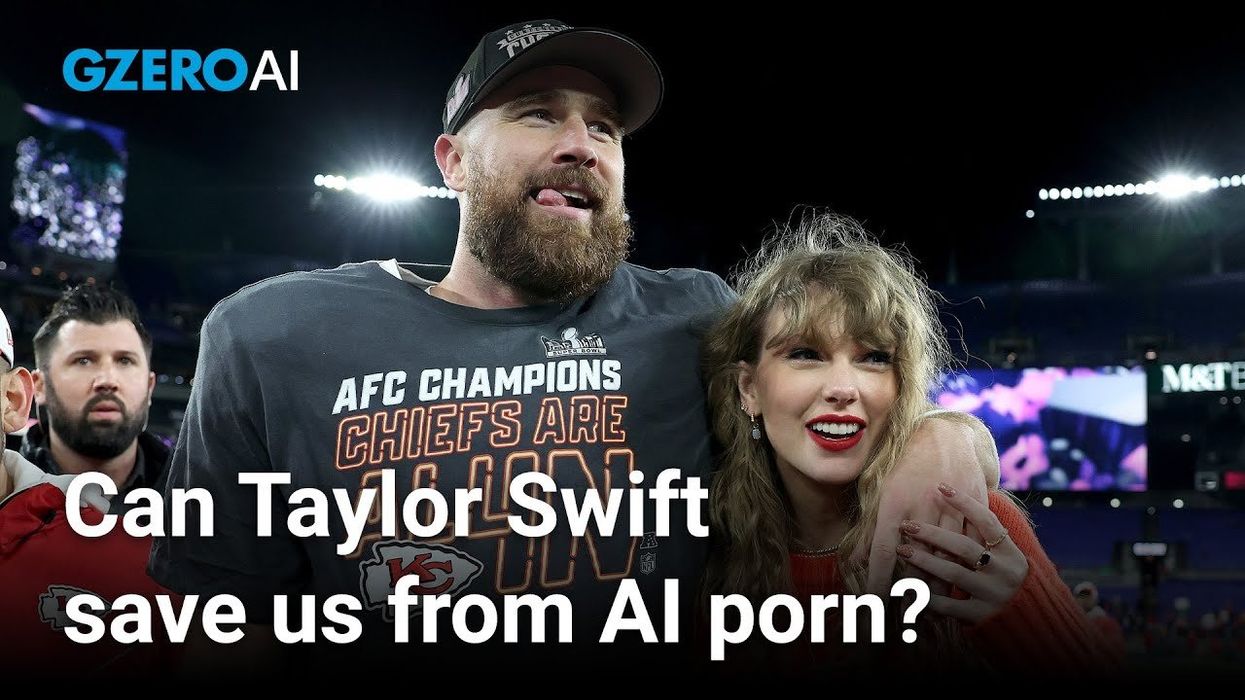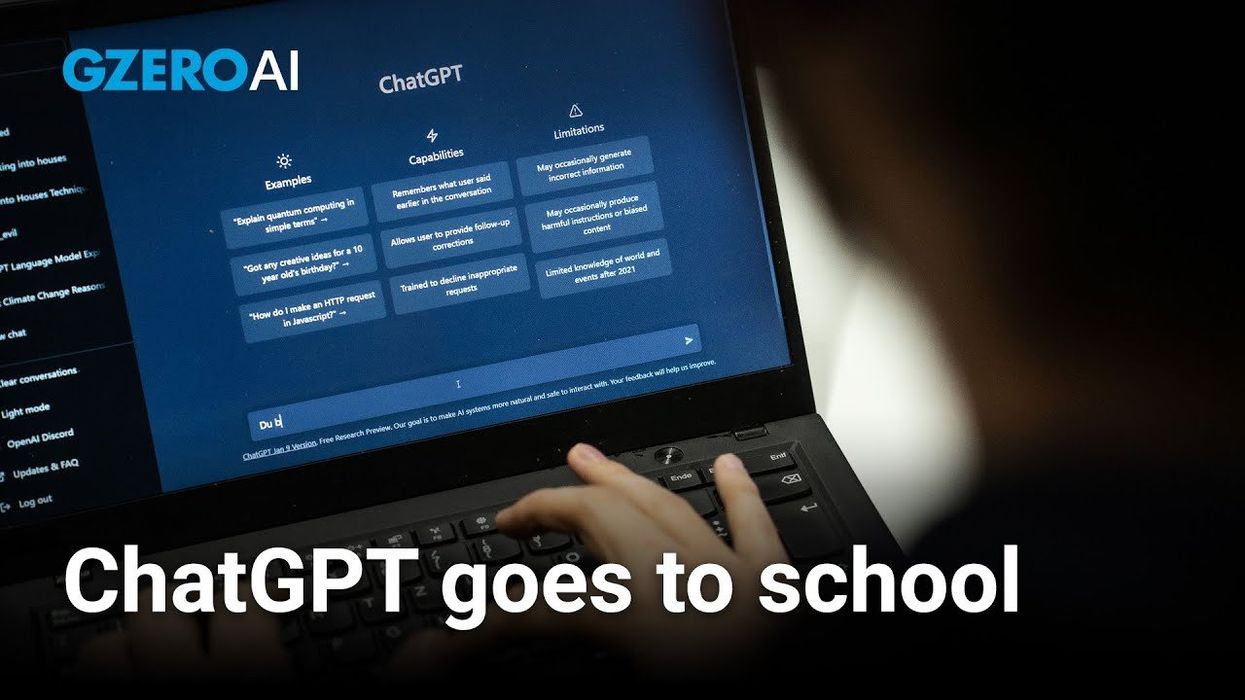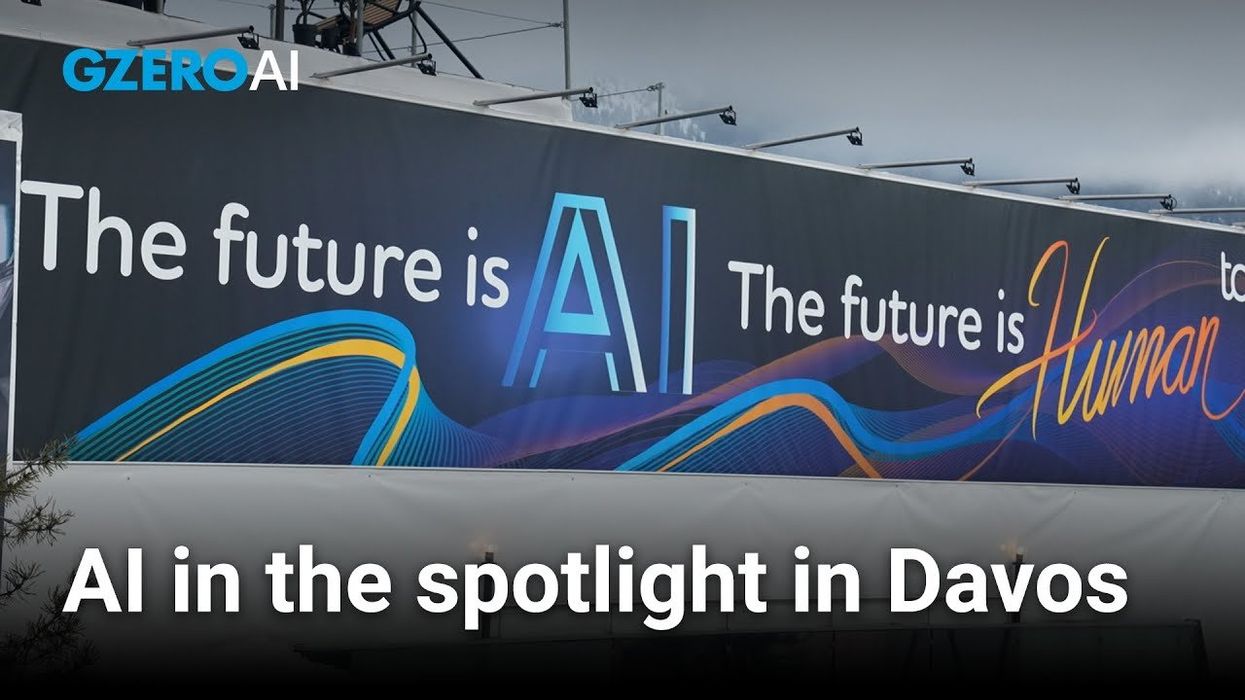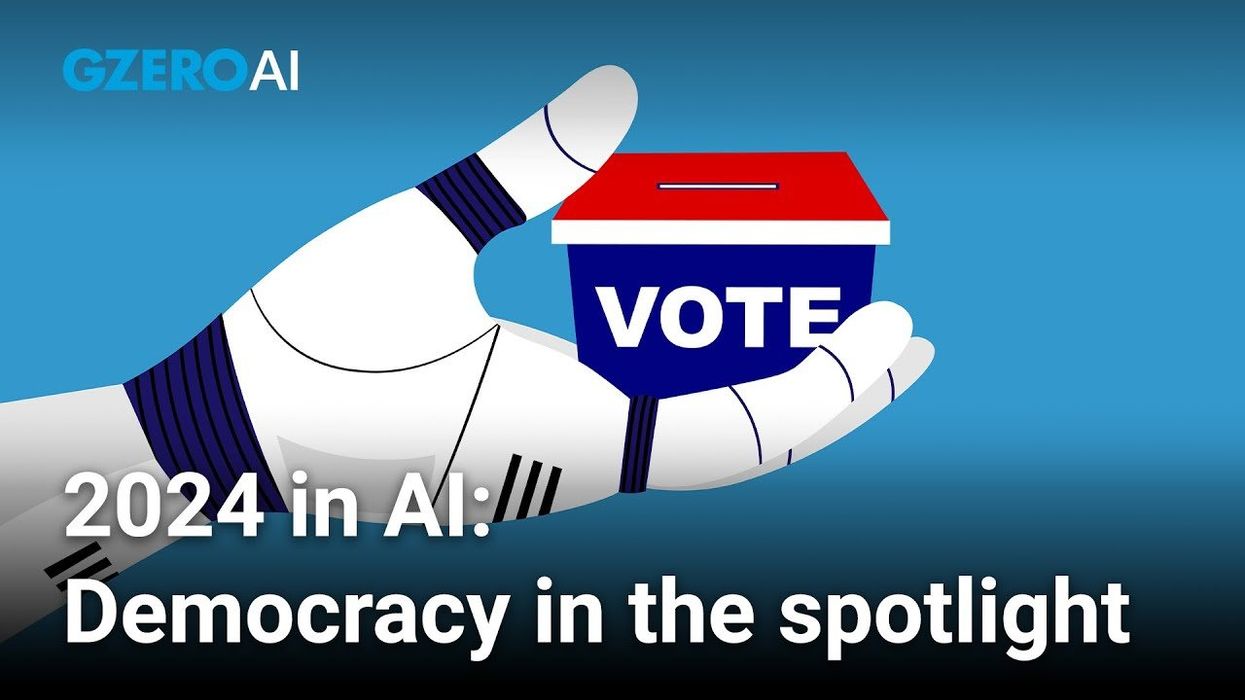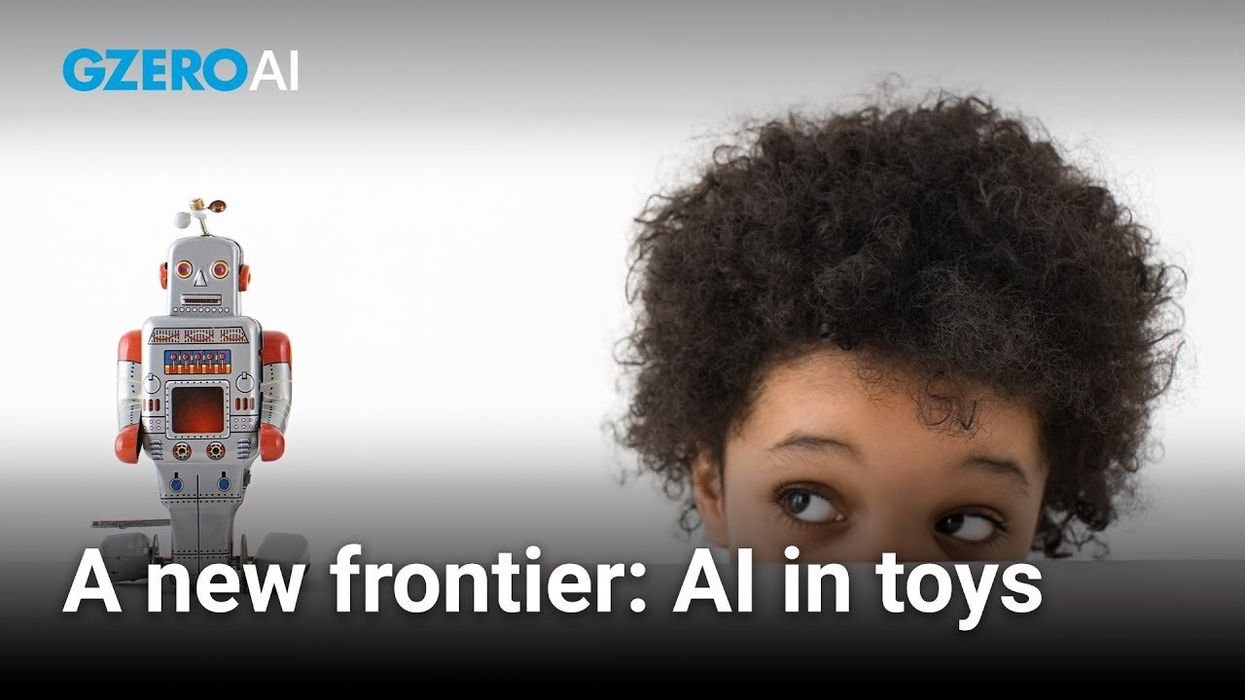VIDEOSGZERO World with Ian BremmerQuick TakePUPPET REGIMEIan ExplainsGZERO ReportsAsk IanGlobal Stage
Site Navigation
Search
Human content,
AI powered search.
Latest Stories
Start your day right!
Get latest updates and insights delivered to your inbox.
GZERO AI Video
GZERO AI is our weekly video series intended to help you keep up and make sense of the latest news on the AI revolution.
Presented by
In this episode of GZERO AI, Taylor Owen, professor at the Max Bell School of Public Policy at McGill University and director of its Centre for Media, Technology & Democracy, takes stock of the ongoing debate on whether artificial intelligence, like social media, will further drive loneliness—but at breakneck speed, or help foster meaningful relationships. Further, Owen offers insights into the latter, especially with tech companies like Replika recently demonstrating AI's potential to ease loneliness and even connect people with their lost loved ones.
So like a lot of people, I've been immersing myself in this debate about this current AI moment we're in. I've been struck by a recurring theme. That's whether will AI further divide us or could actually potentially bring us closer together.
Will it cause more loneliness? Or could it help address it? And the truth is, the more I look at this question, the more I see people I respect on both sides of this debate.
Some close observers of social media, like the Filipino journalist Maria Ressa, argue that AI suffers from the very same problems of algorithmic division and polarization that we saw with the era of social media. But instead, they’re on steroids. If social media, she argues, took our collective attention and used it to keep us hooked in a public debate, she argues that AI will take our most intimate conversations and data and capitalize on our personal needs, our desires, and in some cases, even our loneliness. And I think broadly, I would be predisposed to this side of the argument.
I've spent a lot of time studying the problems of social media and of previous technologies on society. But I've been particularly struck by people who argue the other side of this, that there's something inherently different about AI, that it should be seen as having a different relationship to ourselves and to our humanity. They argue that it's different not in degree from previous technologies, but in kind, that it's something fundamentally different. I initially recoiled from this suggestion because that's often what we hear about new technologies, until I spoke to Eugenia Kuyda.
Eugenia Kuyda is the CEO of a company called Replika, which lets users build AI best friends. But her work in this area began in a much more modest place. She built a chatbot on a friend of hers who had deceased named Roman, and she describes how his close friends and even his family members were overwhelmed with emotion talking to him, and got real value from it, even from this crude, non-AI driven chatbot.
I've been thinking a lot lately about what it means to lose somebody in your life. And you don't just lose the person or the presence in your life, but you lose so much more. You lose their wisdom, their advice, their lifetime of knowledge of you as a person of themselves. And what if AI could begin, even if superficially at first, to offer some of that wisdom back?
Now, I know that the idea that tech, that more tech, could solve the problems caused by tech is a bit of a difficult proposition to stomach for many. But here's what I think we should be watching for as we bring these new tools into our lives. As we take AI tools online, in our workplace, in our social lives, and within our families, how do they make us feel? Are we over indexing perceived productivity or the sales pitches of productivity and undervaluing human connection? Either the human connection we're losing by using these tools, or perhaps the human connections we're gaining. And do these tools ultimately further divide us or provide means for greater and more meaningful relationships in our lives? I think these are really important questions as we barrel into this increasingly, dynamic, role of AI in our lives.
Last thing I want to mention here, I have a new podcast with the Globe and Mail newspaper called Machines Like Us, where I'll be discussing these issues and many more, such as the ones we've been discussing on this video series.
Thanks so much for watching. I'm Taylor Owen, and this is GZERO AI.
Keep reading...Show less
More from GZERO AI Video
Europe’s AI deepfake raid
March 04, 2025
AI's existential risks: Why Yoshua Bengio is warning the world
October 01, 2024
How is AI shaping culture in the art world?
July 02, 2024
How AI models are grabbing the world's data
June 18, 2024
Can AI help doctors act more human?
June 04, 2024
How neurotech could enhance our brains using AI
May 21, 2024
OpenAI is risk-testing Voice Engine, but the risks are clear
April 03, 2024
Should we regulate generative AI with open or closed models?
March 20, 2024
AI and Canada's proposed Online Harms Act
March 05, 2024
Gemini AI controversy highlights AI racial bias challenge
February 29, 2024
When AI makes mistakes, who can be held responsible?
February 20, 2024
AI & human rights: Bridging a huge divide
February 16, 2024
Taylor Swift AI images & the rise of the deepfakes problem
February 06, 2024
Will Taylor Swift's AI deepfake problems prompt Congress to act?
February 01, 2024
ChatGPT on campus: How are universities handling generative AI?
January 23, 2024
Davos 2024: AI is having a moment at the World Economic Forum
January 16, 2024
AI in 2024: Will democracy be disrupted?
December 20, 2023
New AI toys spark privacy concerns for kids
December 12, 2023
GZERO Series
GZERO Daily: our free newsletter about global politics
Keep up with what’s going on around the world - and why it matters.
